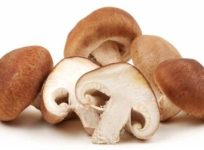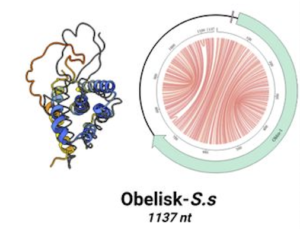Dark Chocolate: A Good Treat-ment for Hypertension; Soy Staves Off Bone Loss
A daily 6 gram dose of polyphenol-rich dark chocolate can induce small but clinically meaningful blood pressure reductions, and it’s a lot more patient friendly than low-salt diets or antihypertensive drugs. Genistein, one of the key isoflavones from soy, actually increases bone mineral density in women at risk for osteoporosis.







